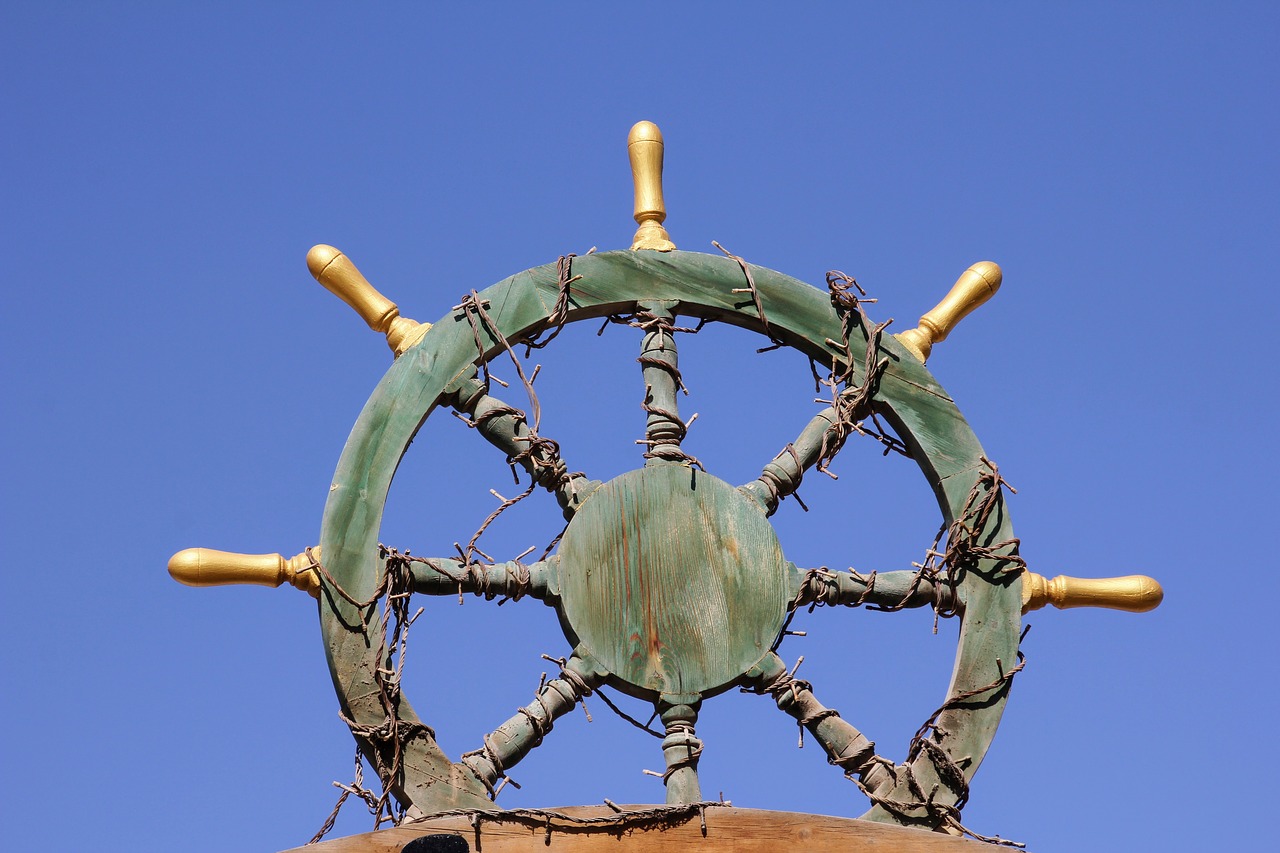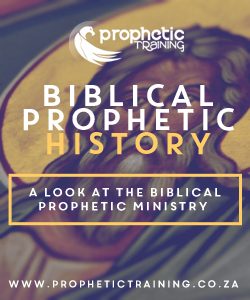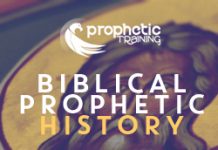Period of the Kings
During the period of the kings prophetically inspired men frequently appeared, who demanded even of the kings that they should submit to their divinely-inspired word. Saul, who refused such submission, perished as the result of this conflict. David owed much to the support of the prophets Samuel, Nathan, Gad (1Sa 16:1 ff; 2 Sam 7; 2Ch 29:25, and elsewhere). But David also bowed in submission when these prophets rebuked him because of his transgression of the divine commands (2 Sam 12; 24).
His son Solomon was educated by the prophet Nathan. But the destruction of his kingdom was predicted by the prophet Abijah, the Shilonite (1Ki 11:29 ff). Since Yahweh, as the supreme Sovereign, has the right to enthrone or to dethrone kings, this is often done through the mouths of the prophets (compare 1Ki 14:7 ff; 1Ki 16:1 ff). After the division of the kingdom we find Shemaiah forbidding Rehoboam to begin a war with his brethren of Israel (1Ki 12:21; compare 2Ch 11:2 ff; compare another mission of the same prophet, 2Ch_12:5 ff).
On the other hand in the Northern Kingdom the prophetic word is soon turned against the untheocratic rule of Jeroboam (1 Ki 13; 14). It is in this very same Northern Kingdom that the prophets unfolded their full activity and generally in opposition to the secular rulers, although there was no lack of accommodating “prophets,” who were willing to sanction everything that the king wanted.
The opposition of the true prophets to these false representatives of prophecy is illustrated in the story of Micaiah, the son of Imlah (1 Ki 22). But a still higher type of prophecy above the ordinary is found in Elijah, whose historic mission it was to fight to the finish the battle between the followers of Yahweh and the worship of the Tyrian Baal. He was entirely a man of action; every one of his words is a deed on a grand scale .
His successor Elisha inherited from him not only his mantle, but also a double measure of his spiritual gifts. He exhibits the prophetic office more from its loving side. He is accustomed to visit the schools of prophets found scattered throughout the land, calls the faithful together around himself on the Sabbaths and the new moons (2Ki 4:23), and in this way establishes centers of a more spiritual culture than was common elsewhere among the people.
We read that first-fruits were brought to him as to the priests (2Ki 4:42). But while the activity of Elijah was entirely in antagonism to the ruling house in the kingdom, this feature is not entirely lacking in the work of Elisha also. He has even been charged with wicked conspiracies against the dynasty of Omri and the king of Syria (2 Ki 8; 9). His conduct in connection with these events can be excused only on the ground that he was really acting in the name of a higher Master. But in general it was possible for Elisha, after the radical change in public sentiment that had followed upon the work of Elijah, in later time to assume a more friendly attitude toward the government and the people.
He often assisted the kings in their arduous contests with the Syrians (compare 2Ki 6:8 ff; 2Ki 13:14 ff). His deeds are generally of a benevolent character. In connection with these he exhibits to a remarkable degree the gift of prophetic foresight (2Ki 4:16; 2Ki 5:26; 2Ki 6:8 ff; 2Ki 7:1 ff; 2Ki 8:10, 2Ki 8:12; 2Ki 9:6 ff; 2Ki 13:19). Jonah, too, the son of Amittai, had at that time a favorable message for the Northern Kingdom (2Ki_14:25).










 Get the Basic Prophetic Training Manual.
Get the Basic Prophetic Training Manual.